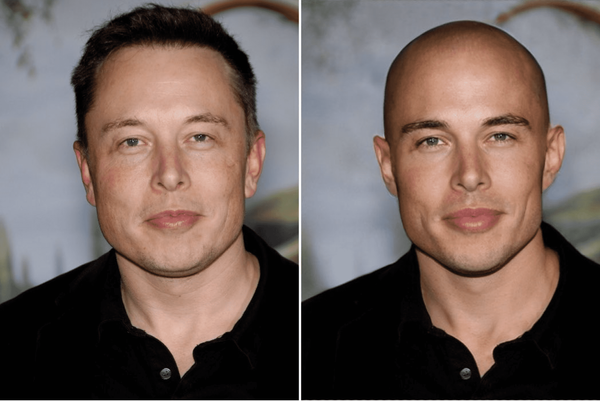
humor
Top Three Apps I'd Delete If You Gave Me Your Phone
TL;DR I would delete Snapchat, Paramount+, and most dating apps from people's phones. Online dating can be time-consuming and male-dominated, but there are some exceptions like Hinge, which uses a matching algorithm. Cultural differences can also affect how people use dating apps. However, there are some funny

